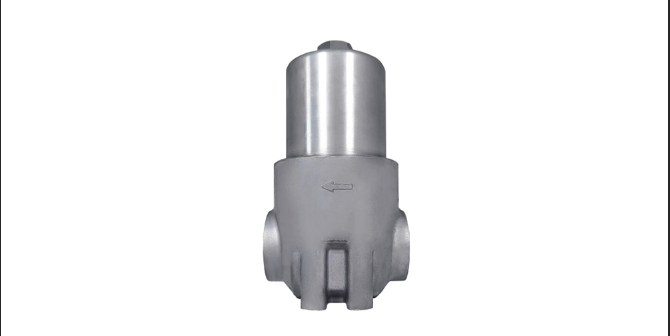Filtration accuracy usually refers to the pore size of the filter element, that is, the maximum particle size allowed through. In industrial and scientific research fields, filtration accuracy is an important indicator of filter performance, which determines how small particles or impurities the filter can intercept. Here's a breakdown:
1. Type of filtering accuracy
(1) Nominal accuracy and absolute accuracy: Nominal accuracy is an arbitrary micron value provided by the filter manufacturer, and the use of this filtration accuracy is gradually decreasing due to the poor repeatability of the test results. Absolute accuracy is the maximum spherical particle diameter that can pass through the filter under certain test conditions, representing the maximum aperture size of the filter element.
(2) filtration ratio (β value) : filtration ratio is the ratio of the number of particles greater than a given size (X) upstream of the filter and the number of particles greater than the same size (X) downstream, also known as Bate value, symbol "β". This ratio reflects the filter's ability to intercept particles of a specific size.
2. Detection method of filtration accuracy
(1) Bubble point test: by measuring the pressure difference on both sides of the microporous film to determine the filtration accuracy, suitable for the detection of filter materials with irregular pore size.
(2) Filtration efficiency evaluation: according to the membrane aperture and membrane aperture distribution to evaluate the filtration accuracy of filtration products.
(3) Bacterial challenge: For the debacteria-grade filter element, specific microorganisms are used for challenge certification to determine its filtration accuracy.
(4) SEM photos: The image taken by the electron microscope is used to observe and measure the aperture size, but there may be uneven results caused by differences in sampling points.
3. The importance of filtration accuracy
(1) Ensure product quality: In many production processes, a specific size of particles needs to be removed to ensure the quality of the final product.
(2) Protect equipment operation: Filters can intercept particles that may cause equipment wear or failure.
(3) Improve production efficiency: Improve overall production efficiency by reducing equipment maintenance and downtime.
4. Selection of filtering accuracy
(1) Select according to application requirements: Different application scenarios have different requirements for filtration accuracy, and the appropriate filtration accuracy needs to be selected according to the actual situation.
(2) Consider the performance of the filter: in addition to the filtration accuracy, factors such as the capacity, durability and cost-effectiveness of the filter should also be considered.

